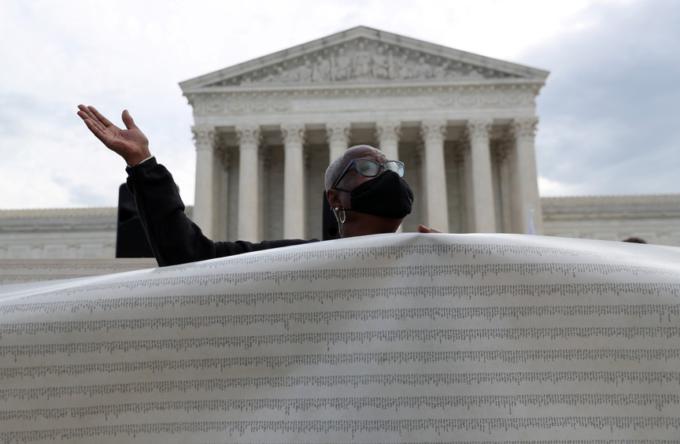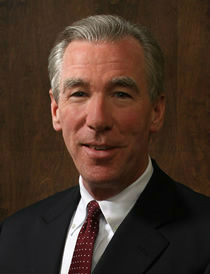
Culture
The court has, in other words, agreed to reconsider whether Roe v. Wade was correctly decided. The abortion lobby is warning the court that the very prospect of overturning Roe is already threatening its legitimacy.

Garvey
Left-leaning editorial writers and news anchors have recently been warning us that public approval of the Supreme Court is dropping. They refer to polls conducted by Gallup and the Annenberg Public Policy Center.
In July 2020, after a term when the court struck down a Texas abortion law and protected gay and transgender employees, Gallup reported that it had an approval rating of 58 percent. When the court declined to enjoin a new Texas abortion law last month, Gallup said its rating had fallen to 40 percent.
It's pretty clear what's going on. On Dec. 1, the court will hear arguments in Dobbs v. Jackson Women's Health Organization. The question presented is whether all pre-viability prohibitions on elective abortions are unconstitutional.
The court has, in other words, agreed to reconsider whether Roe v. Wade was correctly decided. The abortion lobby is warning the court that the very prospect of overturning Roe is already threatening its legitimacy.
In April, President Joe Biden created a commission to study proposals for reforming the court, such as adding more justices. It's not an original idea. President Franklin Delano Roosevelt proposed packing the court after he won an electoral landslide (523-8) in the 1936 election.
President Roosevelt's proposal failed, but he did have reason to think that the court was getting out of its lane. For 40 years, the federal and state governments had tried to regulate wages, hours and other terms of employment, and the Supreme Court had frustrated their efforts. The court was clearly out of step with the desires of the elected branches of government.
In Lochner v. New York, the court argued that the Constitution didn't allow laws like these. They violated the freedom of contract that was, the court said, inherent in the due process clause.
But the due process clause says nothing about freedom of contract. It says that no person can be deprived of life, liberty or property without due process of law. So, for example, the government can't execute (life) or incarcerate (liberty) or fine (property) a criminal defendant without a fair trial. The people who wrote it weren't thinking about minimum wage laws.
Though FDR's court-packing plan failed, the court eventually stopped supervising the economy. In 1937, it acknowledged that "the Constitution does not speak of freedom of contract." From then on it gave freer rein to the democratically elected branches, unless there was some express prohibition in the Constitution.
That is, until 1973. In Roe v. Wade, the court acknowledged that "the Constitution does not explicitly mention any right of privacy." It nevertheless held that such a right might be interpolated into the due process clause's "concept of personal liberty." And this right to privacy, the court said, forbade most kinds of government interference with abortions.
According to a report this year by the Guttmacher Institute, states have enacted 1,313 different abortion restrictions since Roe was decided. And for almost 40 years, the court has relied on its unwritten version of the Constitution to strike down laws dealing with when, where, why and by whom abortions may be performed; with informed consent and spousal consent; with reporting and partial birth abortion.
The parallels between Lochner and Roe are striking. In both cases, the court invoked a right found nowhere in the Constitution to impose its own vision of social justice on the democratically elected branches of government.
Here's the ironic thing: The court has proposed to reconsider its behavior in Roe, as it did with Lochner. And rather than cheering this as a victory for democratic self-government, the media are whining that it would undermine the court's legitimacy because it would be contrary to the popular will.
- Garvey is president of The Catholic University of America in Washington, D.C.
Recent articles in the Culture & Events section
-
What is truth?Michael Reardon
-
The 75th anniversary of St. Ignatius of Loyola Church, Chestnut HillThomas Lester
-
The most important prayer you already knowLaura Kelly Fanucci
-
Two years after DobbsRussell Shaw
-
Scripture Reflection for July 21, 2024, Sixteenth Sunday in Ordinary TimeDeacon Greg Kandra





